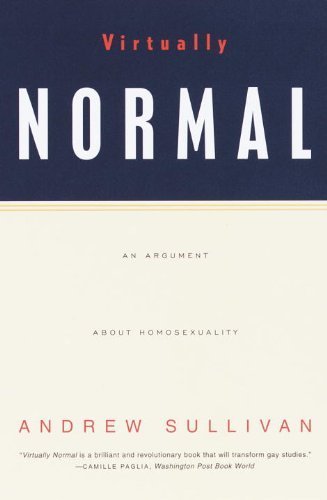What do you think?
Rate this book


Paperback
First published January 1, 1995
In a curious twist, as the culture has become more thoroughly liberalized, as more people approve the abstract notions of toleration, freedom of movement,s of speech, of religion, of conscience, of choice, liberals have moved into an area where they sometimes seem opposed to these ideas. They have found themselves defending those who inhibit freedom of action (criminals), whose who inhibit freedom of speech (antiracist, antisexist censors), and those who inhibit freedom of choice (those who enforce the now elaborate rules governing how individauls can associate with and employe people).